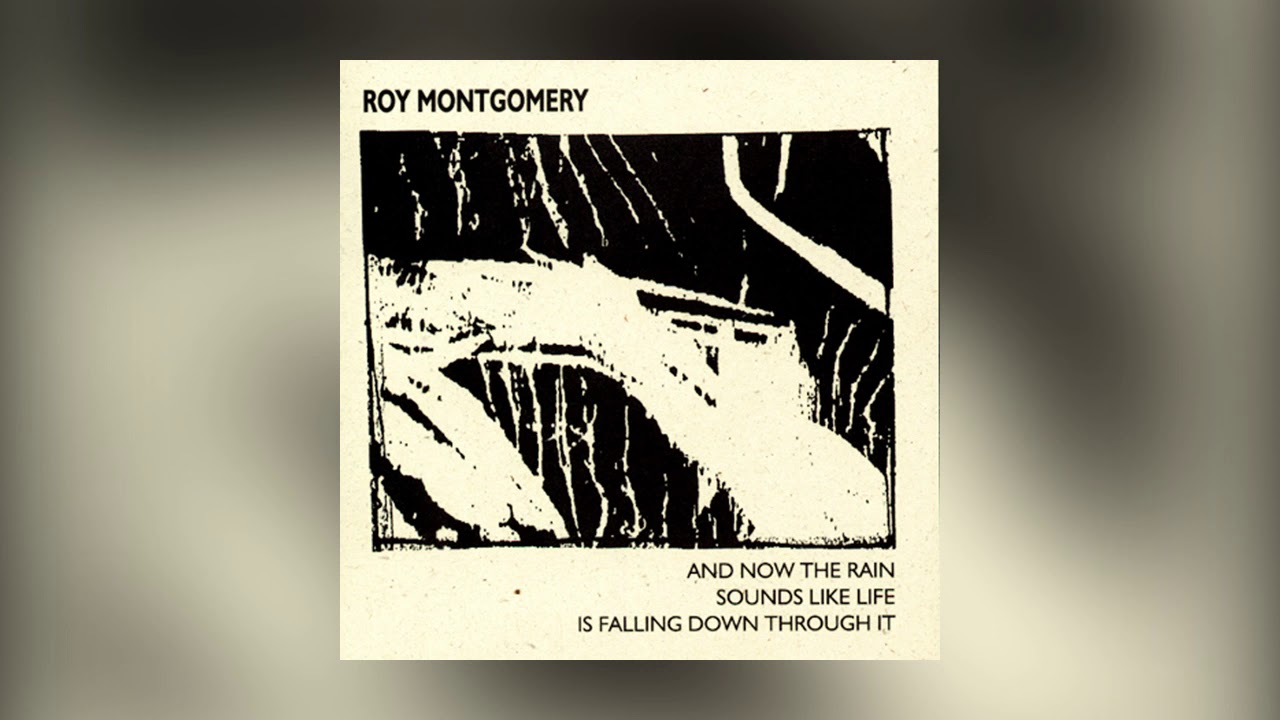EARLY DEATH POEMS
Historically, most death poems have been in tanka form, those composed by the court nobility refined and delicate, and those by warriors more "masculine," often reflecting feelings of intense loyalty to the feudal lord or the nation. Later, Chinese death poems were written by Buddhist monks and priests, by scholars of Chinese literature, and to a fair extent by samurai.
Death poems in haiku form, appearing first in the sixteenth century, have been written by Japanese from all levels of society. The writing of death poems as a widespread practice, however, began during the Meiji period (1868-1912).
Poems written just before death appear in the most ancient Japanese sources, including the Kojiki, the Man'yoshu, and the Kokinshu. The earliest example of a death poem seems to be that of Yamato Takeru-no-Mikoto, the hero of the Kojiki who turned into a white bird upon his death. Fatigued by adventures of conquest against various gods, he falls to his deathbed; realizing the malady is fatal, he sings:
The sabre-sword
which I placed
at the maiden's bed-side,
alas!
that sword!
"As soon as he had finished singing," says the text, "he died."
Previous chapters tell how the sword had been found inside the tail of a dragon, and how Yamato Takeru-no-Mikoto had left it in the house of Miyazuhime-no-Mikoto, who later became his wife.
The exact meaning of the song is unclear. Is the hero lamenting the loss of the sword, a sacred symbol of Japan's imperial house? Or does his grief stem from having to part with his loved one?
Some of the tanka in the Man’yoshu, several of which are translated below, are more distinctly death poems. One is that of Kakinomoto-no-Hitomaro, who lived near the end of the seventh century or the beginning of the eighth. Though Hitomaro is considered the best of the poets whose works appear in the Man'yoshu, and though the Japanese style him “the father of Japanese poetry,” little is known about his life. A nobleman, he served two emperors in various posts, but his principal role seems to have been that of court poet.
The tanka known as his death poem bears the title "In Iwami Province, About to Die." The woman of the poem is perhaps one of his wives, Yosami-no-Otome, herself a poet.
Not knowing
that my body lies
upon Mount Kamo's rocks,
my love
awaits me.
The power struggles of the time often brought men of the imperial family to a tragic end. Prince Arima (640-58), for instance, was sentenced to death for alleged treason. On the way to Iwashiro (Wakayama Prefecture), where he was executed, Arima ties two pine boughs together and sings, as recorded in the Man'yoshu:
If fate agrees
I shall return
to Iwashiro's coast
and see the pine boughs
I united.

